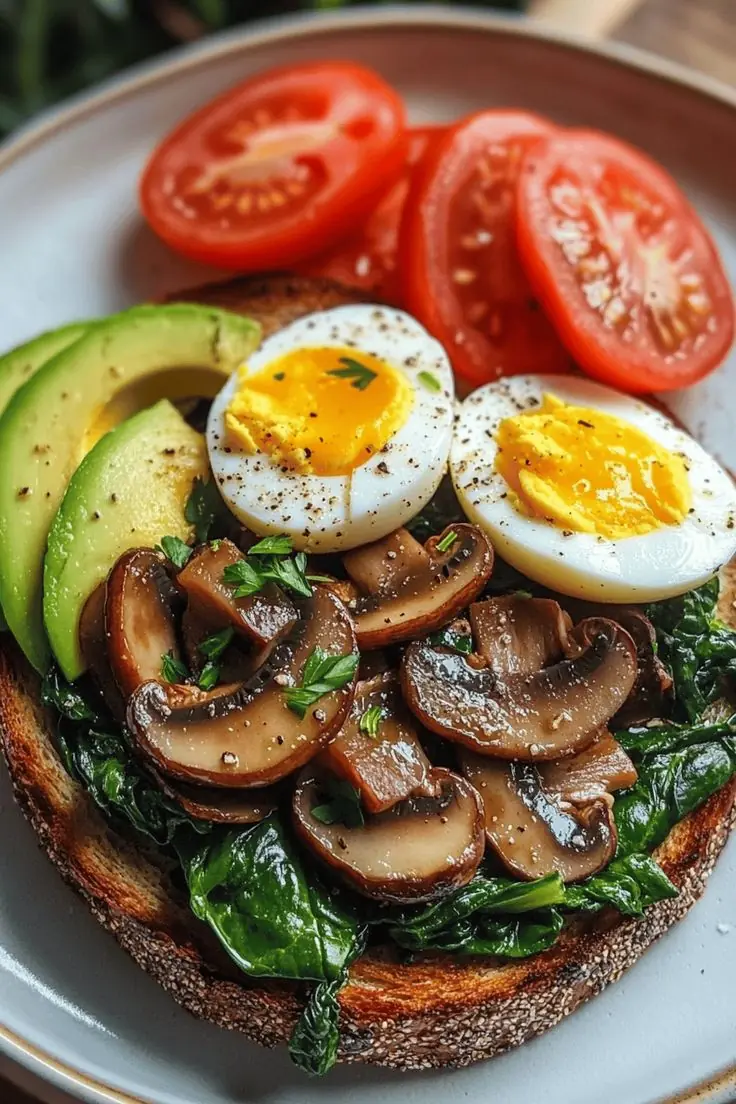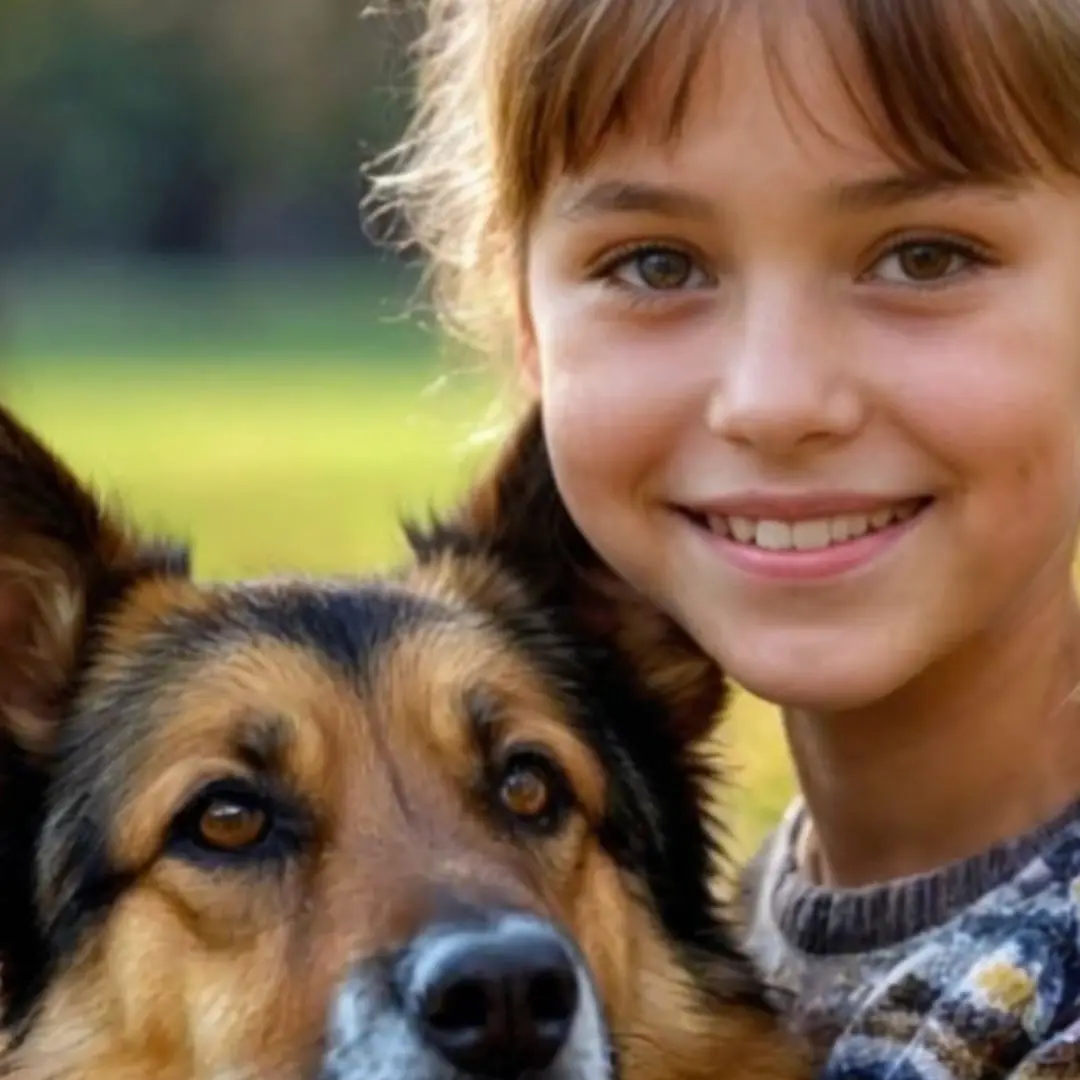
My Sister Slapped My Daughter for Being ‘Too Noisy’ and My Parents Laughed
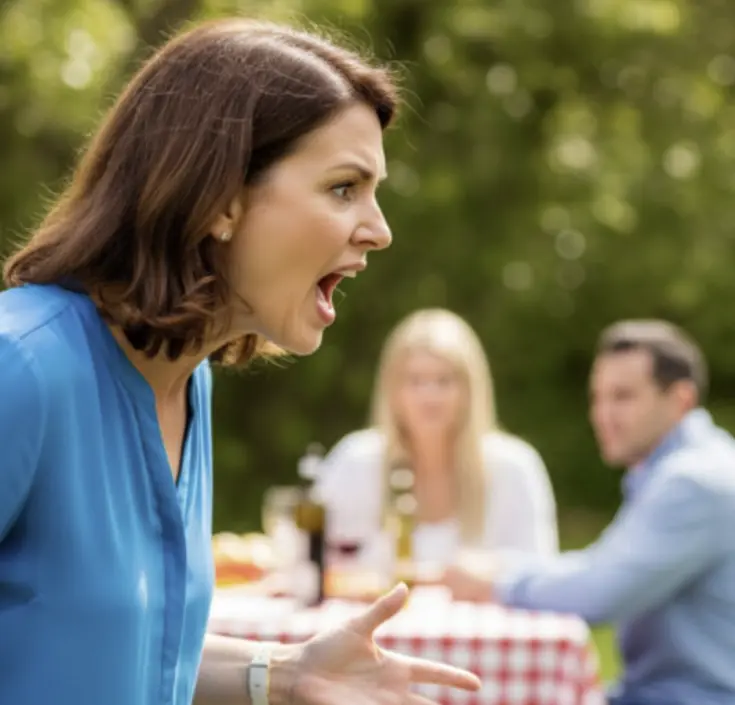
I always believed that family should protect one another — especially the youngest among us. But what happened in my parents’ house one afternoon shattered that belief and forced me to confront a truth I never wanted to face: sometimes the people who should protect us are the ones we must finally learn to protect ourselves from.
It was supposed to be a peaceful Sunday visit. My seven-year-old daughter, Emma, was excited to see her grandparents. She wore her favorite yellow dress, brought her sketchbook, and talked the whole car ride about showing her drawings to Aunt Lily — my sister. Family time always mattered to me. I wanted Emma to grow up feeling safe, loved, and welcome in her roots.
When we arrived, everything seemed normal. My parents greeted us warmly. My sister sat on the couch, scrolling through her phone, barely looking up. Emma ran to her with excitement and showed her a drawing of a bluebird she made at school. My sister barely glanced before saying, “Nice,” and returning to her phone. I felt a sting of disappointment, but I brushed it aside. Not everyone is good with kids — I told myself.
Emma began humming and playing with the family dog in the living room, making little sound effects as kids often do. It wasn’t loud — just cheerful. But suddenly, my sister snapped. She stood up, said, “Can you stop making that annoying noise?” Emma looked confused and paused for a moment, then went back to playing quietly. That should have been the end of it. But it wasn’t.
Minutes later, Emma laughed at something on TV — a natural, innocent laugh. My sister shot up, rushed over, and slapped her across the cheek. Not hard enough to injure — but hard enough to silence. Hard enough to leave a red mark. Hard enough to change everything.
“Too noisy,” she muttered.
I froze for half a second — shocked beyond words. My daughter stared at the floor, eyes wide, unable to understand why she had just been punished for being happy. Before I could even react, my parents laughed. My father said, “That’s how kids learn manners. We used to do the same to you.” My mother said, “She’ll get over it. It builds character.”
That was the moment I realized my family didn’t just misunderstand children. They misunderstood respect.
I took Emma’s hand gently and examined her cheek. Tears formed in her eyes but she held them back — even in pain, she tried to be brave. That broke me more than the slap itself. I stood up, my voice shaking but firm, and said, “This is not discipline. This is disrespect.”
My parents rolled their eyes. My sister scoffed and said, “You’re too soft. That kid is spoiled.” I looked directly at her and said, “No. She is loved. And that’s something you don’t understand.”
Without yelling, without arguing, I gathered our things and told Emma, “We’re going home.” She nodded quietly. On our way out, my mother shouted, “Children need to learn silence!” I replied, “Children need to learn safety.”
That night, Emma asked me, “Mom… was I bad?” I held her face gently and told her, “No. You were yourself. That’s never wrong.” She asked if we would ever visit them again. I didn’t know what to say. So I said, “We will make our own peace. Sometimes peace isn’t found — it’s created.”
I didn’t block my family. I didn’t scream at them. But I set boundaries. Hard boundaries. Days later, I called them and said Emma would not be visiting for a long time. My parents argued. My sister yelled. They blamed me for being dramatic. They said I was “punishing them.” I calmly responded, “No. I’m protecting my child. There’s a difference.”
Weeks passed. Silence grew between us. My parents complained to relatives. They said I was turning Emma into a “fragile flower.” But flowers bloom when nurtured — not slapped. And that was a truth they refused to see.
Then something unexpected happened. I mailed them a letter — written not in anger, but clarity. I wrote:
“Children remember the hands that lift them — and the hands that hurt them.
A family should not confuse fear with respect.
I want Emma to grow up knowing her voice matters.
That doesn’t make her weak. It makes her human.”
It wasn’t an attack. It was a mirror. And over time, mirrors change people — if they dare to look.
Weeks later, my mother called — quietly, carefully. She asked if she could apologize to Emma. I said she could write a letter — if she truly meant it. She sent one the next day. It was short, but sincere. She admitted she had confused silence with obedience. She said Emma’s laughter reminded her of the joy she once had before life made her hard. My sister didn’t write — but she signed the letter too.
I didn’t forgive them instantly. But I felt a shift — like the first warm breeze after winter. Slowly, we rebuilt. Not based on habit — but respect.
Months later, Emma walked into their house again. My mother knelt to her level and said, “I’m sorry.” My father nodded. My sister awkwardly offered her crayons. Emma looked at me — I smiled — and she smiled back, knowing she was strong… and safe.
She played again — softly at first — then with more confidence. No one told her to stop.
And in that moment,
I realized healing isn’t loud.
It’s quiet.
It’s brave.
It’s a boundary followed by a chance.
I didn’t only protect my daughter.
I taught my family what love looks like —
not when it’s easy,
but when it is necessary.
And that day — for the first time —
I didn’t hear laughter at her expense.
I heard respect.
News in the same category


An orphan who grew up in an orphanage got a job as a waitress in a prestigious restaurant. But after she accidentally spilled soup on a wealthy customer, her fate changed drastically
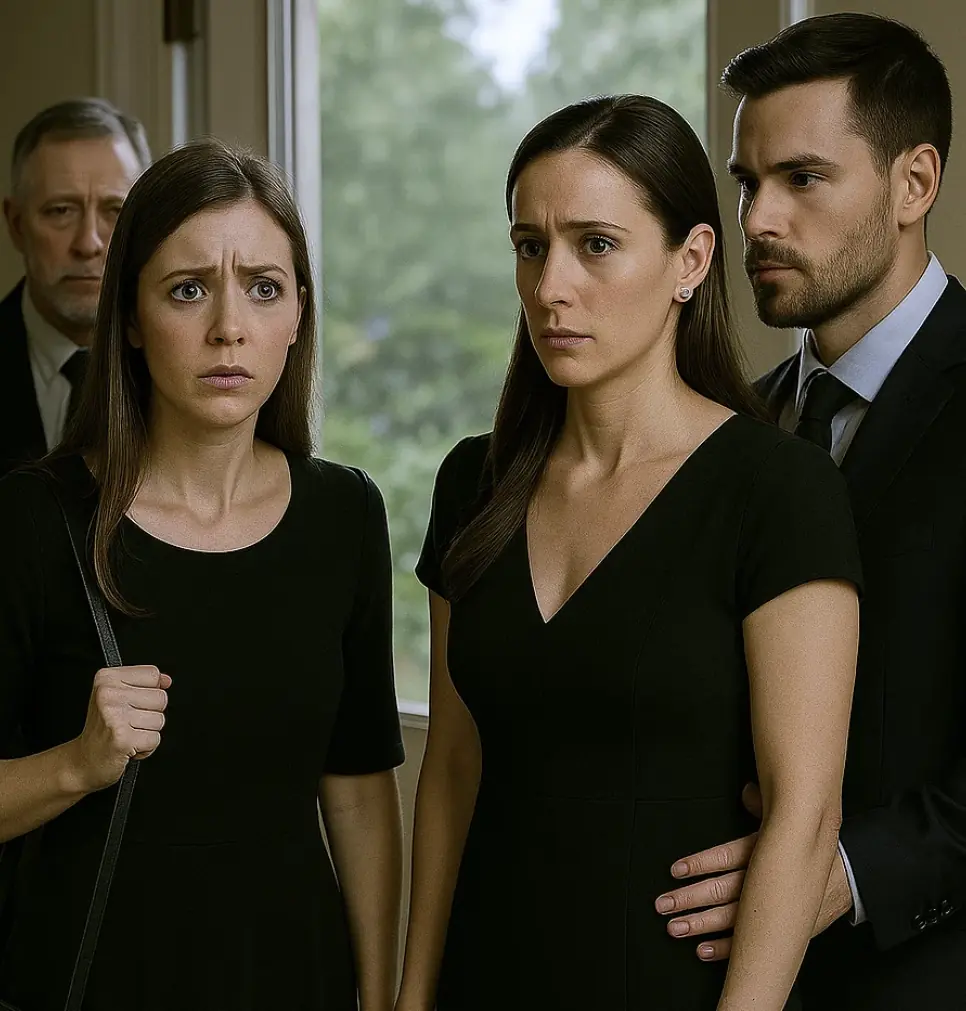
My Sister Took My Millionaire Fiancé, But Fate Reunited Us at Mom’s Funeral
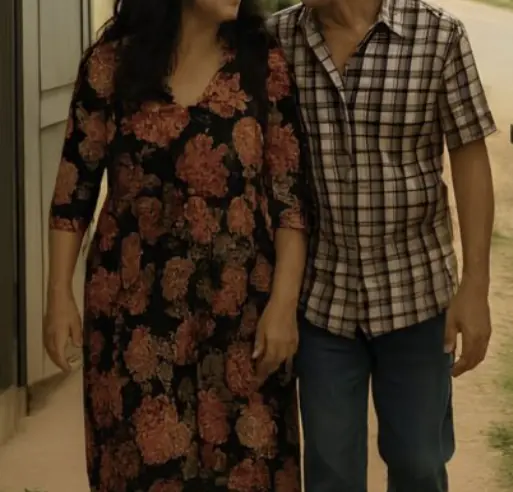
My Father’s 65th Year and the Truth Behind His Secret
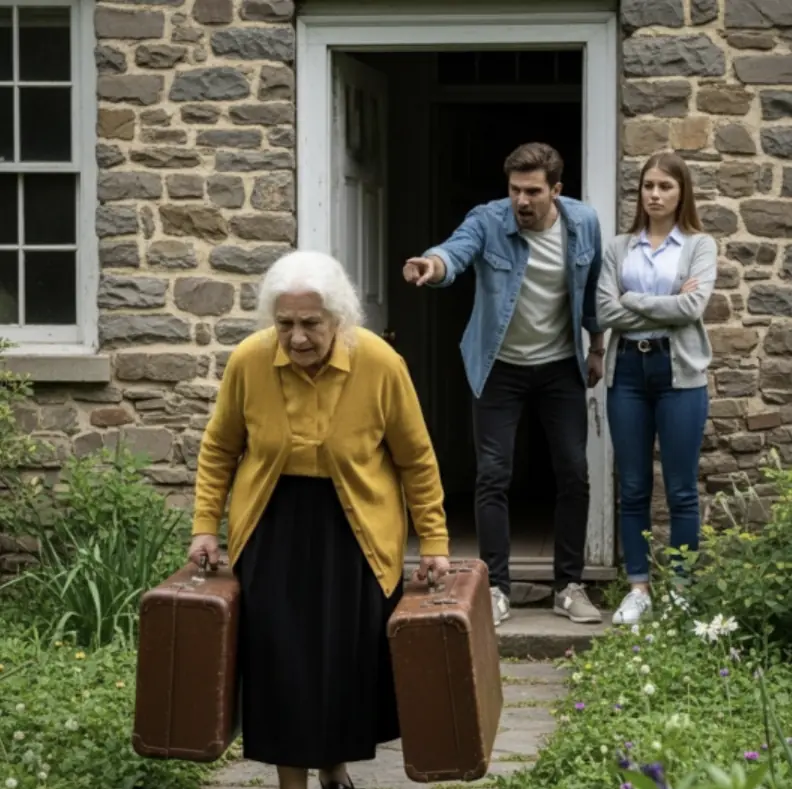
The Shocking Discovery of a $100 Million Fortune After Evicting Her Adoptive Mother
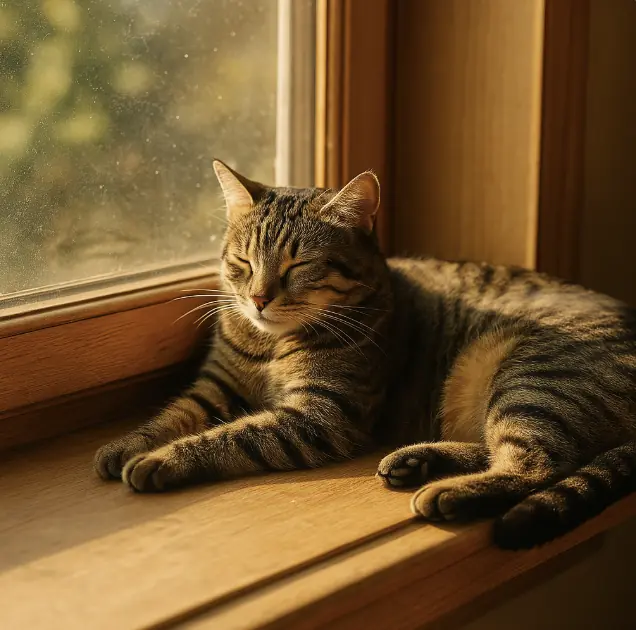
The Stray Cat Who Changed The Street And Stole Everyone’s Heart
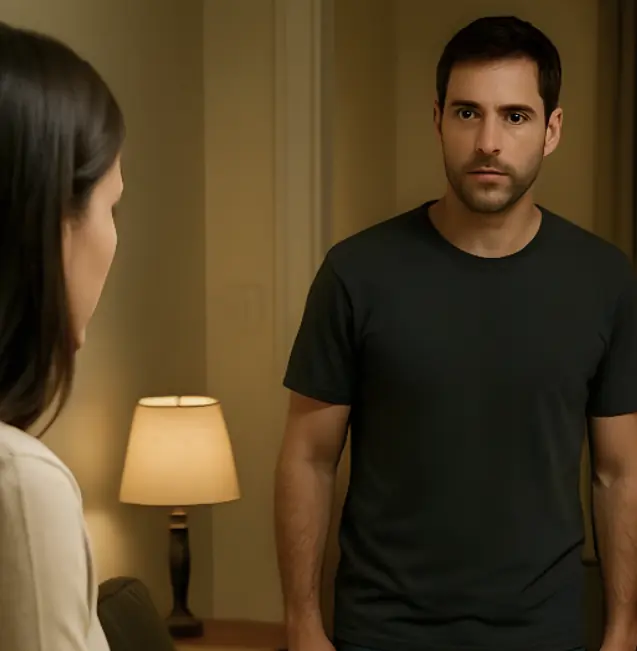
When His New Life Gained a Full-Time Roommate
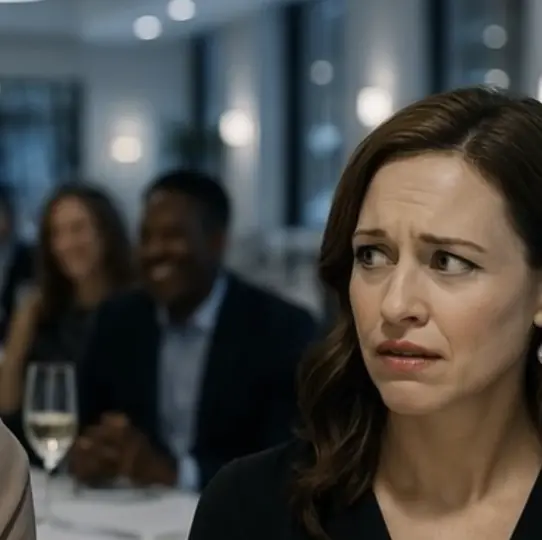
How a retirement celebration uncovered a family secret that changed everything

Mom disappeared on my birthday… And only ten years later did I realize it wasn’t an escape and learned the truth

“You’re jealous of your brother, he has a family and you’re all alone!” my mother shouted. But I kicked her out of my home along with her suitcases
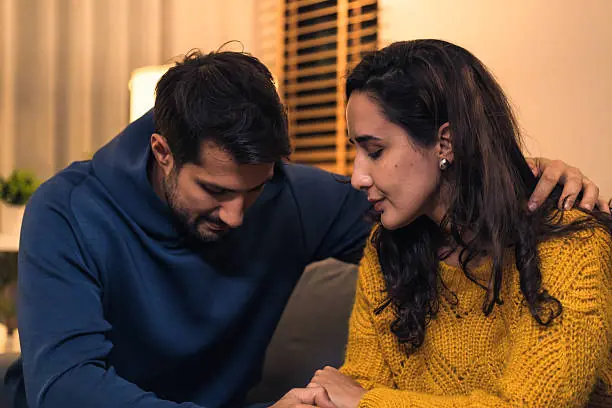
My Mom’s Old Jewelry Box Was Empty—Except for a Note With My Husband’s Name

I Found a Hidden Room in Our Basement—And My Husband Swore It Wasn’t Ours
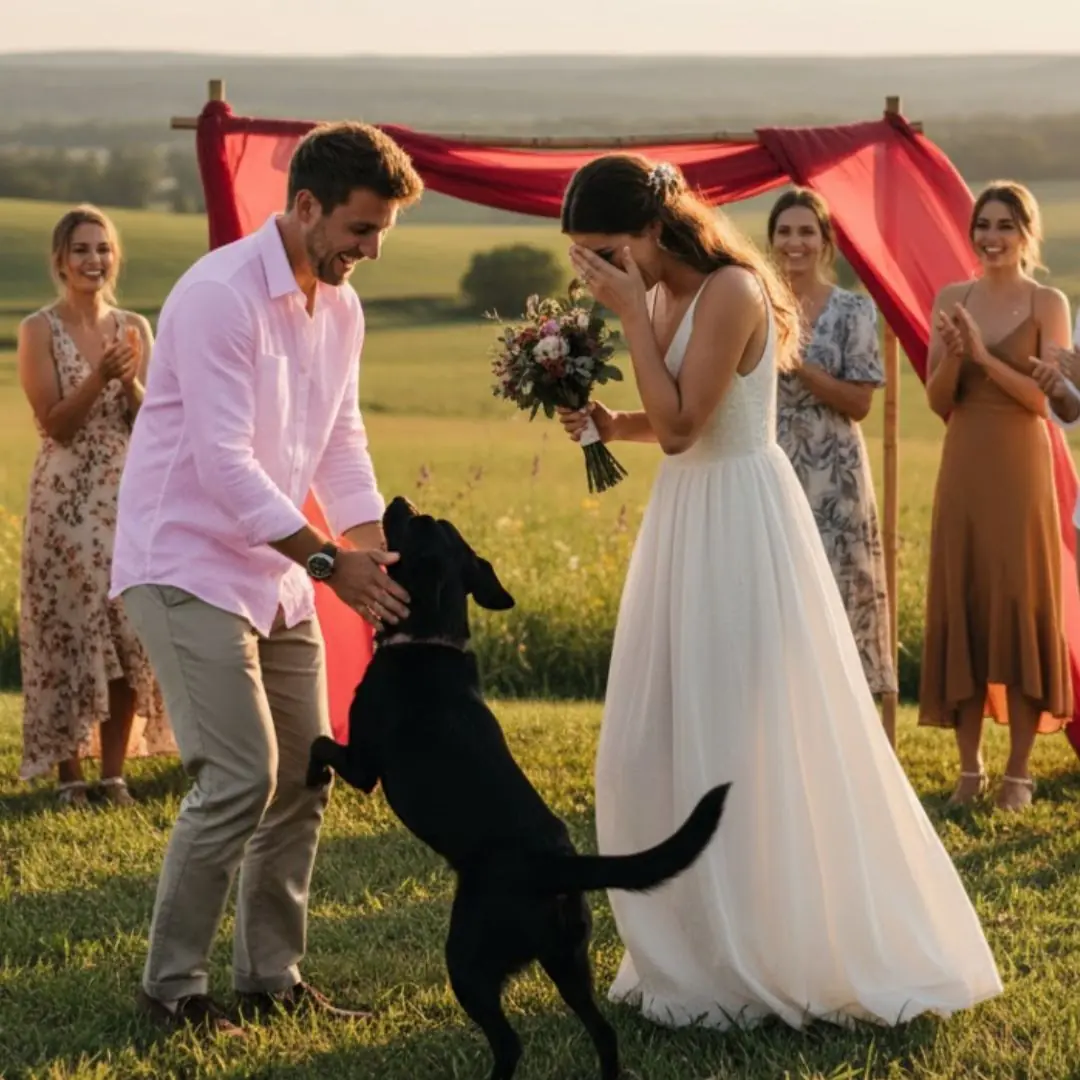
A loyal dog’s unexpected warning that transformed a family’s future

Sveta sheltered a homeless dog in her yard, but she did not know what the future would hold. Sveta knelt down, extending a hand with a piece of sausage

This is our list of food wishes for tomorrow, – Mother-in-law shocked her, – My husband and I decided not to be modest
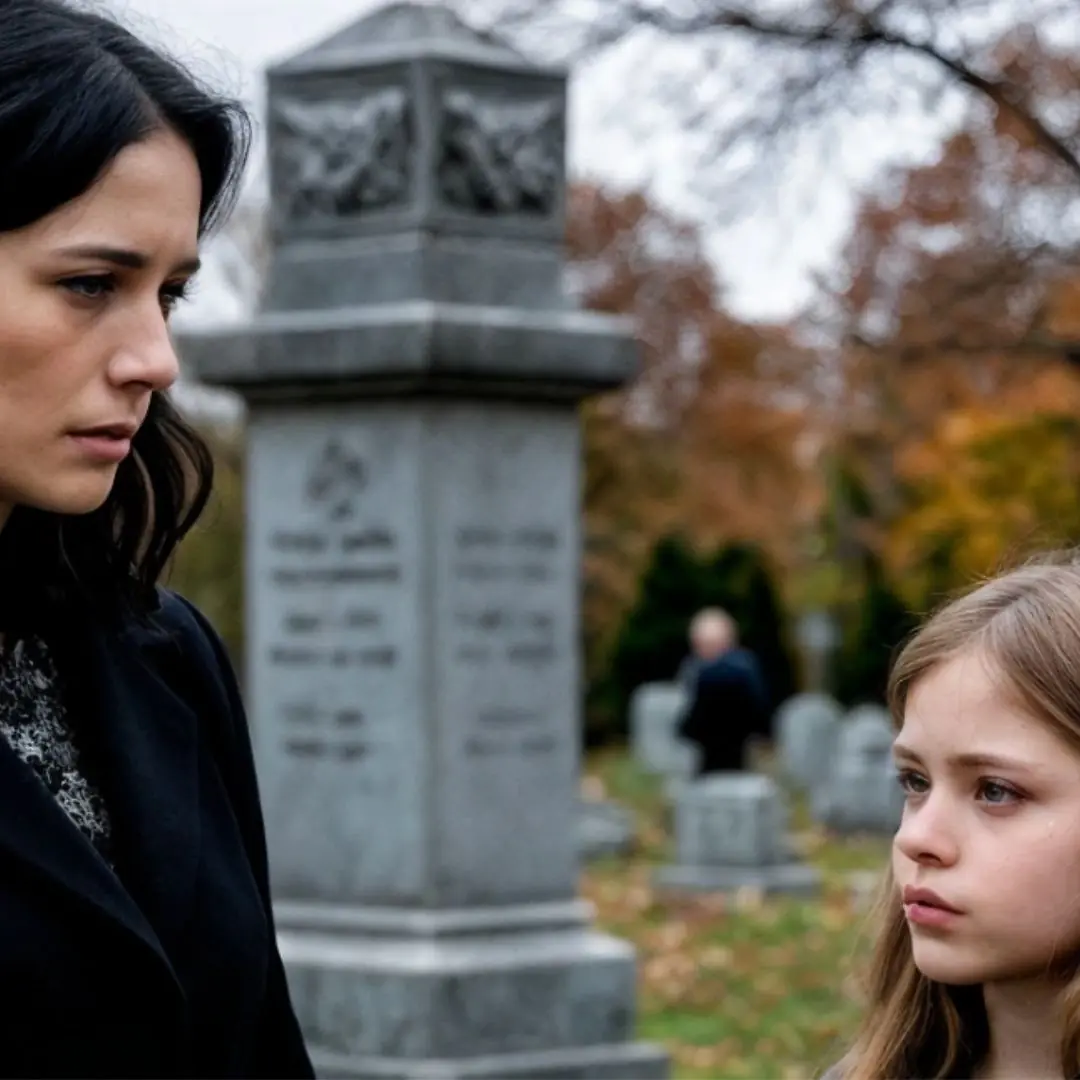
By her husband’s grave, a woman noticed a child. When she found out who her father was, she was shocked and couldn’t gather her thoughts for a long time.

The whole family is coming to stay with us for the summer!” my husband announced, while I quietly booked a hotel

Oh, Sasha and his family won’t be coming to us anymore.” — the wife figured out how to drive her husband’s relatives away once and for all
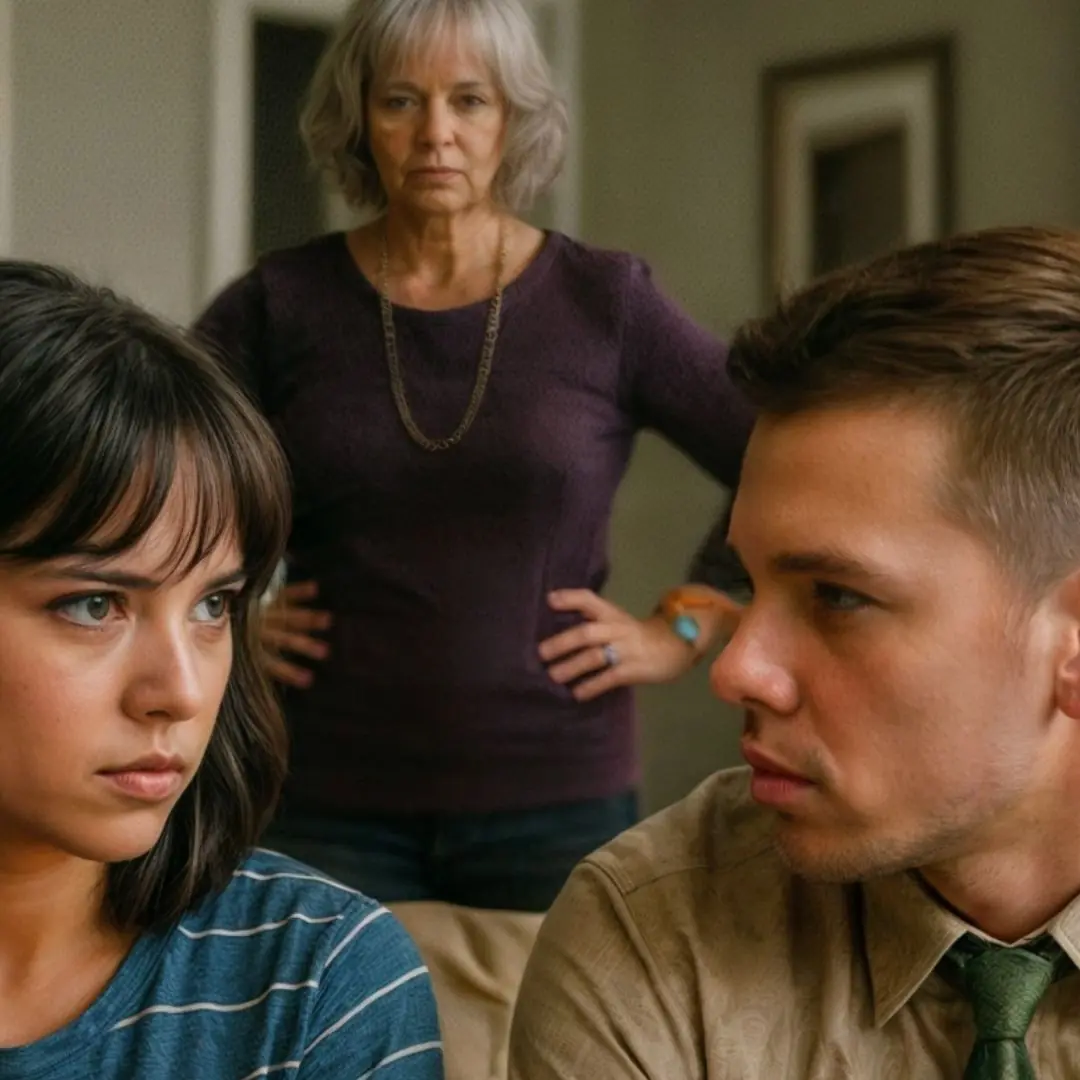
I’m the one paying the mortgage, and for some reason your mother has decided that part of this apartment belongs to her,” I glared angrily at my husband
News Post

The father gave his sick daughter a dog. When the girl passed away, the dog ran away, and the father was willing to do anything to find it

An orphan who grew up in an orphanage got a job as a waitress in a prestigious restaurant. But after she accidentally spilled soup on a wealthy customer, her fate changed drastically

Do You Have Little White Bumps by Your Eyes? Learn What Milia Means for Your Skin

My Sister Took My Millionaire Fiancé, But Fate Reunited Us at Mom’s Funeral

My Father’s 65th Year and the Truth Behind His Secret

The Shocking Discovery of a $100 Million Fortune After Evicting Her Adoptive Mother

The Stray Cat Who Changed The Street And Stole Everyone’s Heart

When His New Life Gained a Full-Time Roommate

How a retirement celebration uncovered a family secret that changed everything

Classic Stuffed Bell Peppers
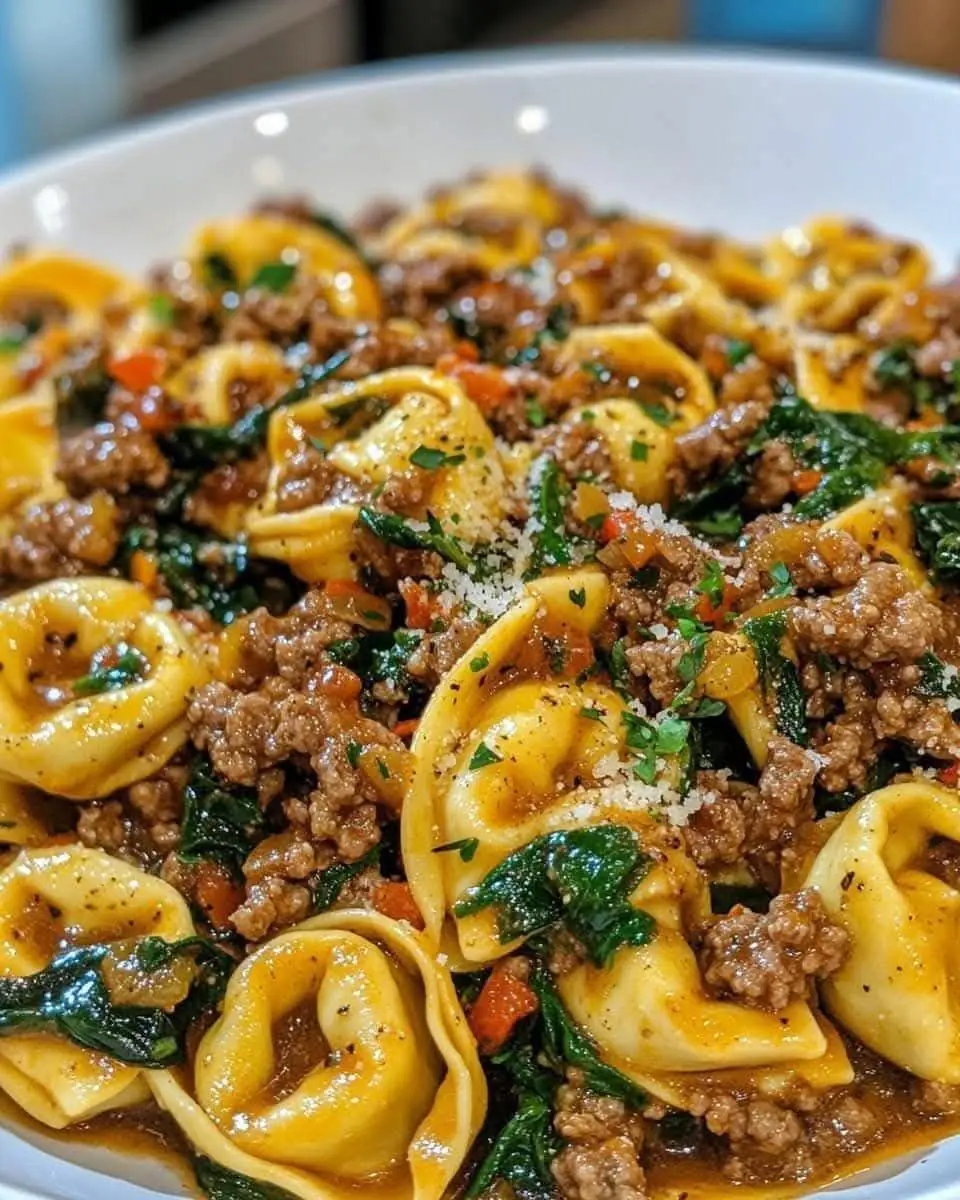
Garlic Butter Beef and Spinach Tortellini
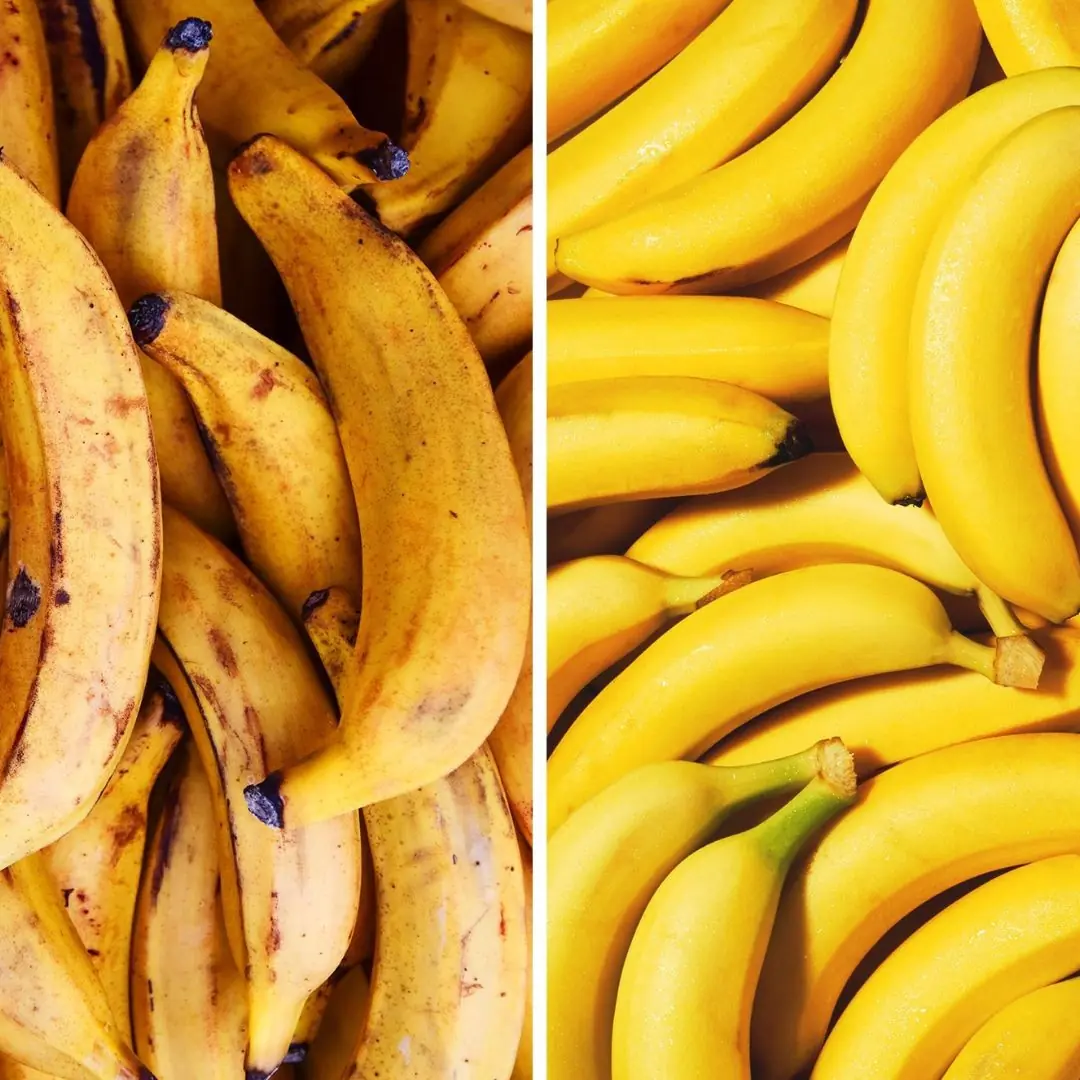
Doctors reveal that consuming bananas at 11 pm causes in...

Healthy Chicken & Shrimp Protein Bowl

Pancake Breakfast Sliders

Mom disappeared on my birthday… And only ten years later did I realize it wasn’t an escape and learned the truth

“You’re jealous of your brother, he has a family and you’re all alone!” my mother shouted. But I kicked her out of my home along with her suitcases

German Chocolate Cheesecake
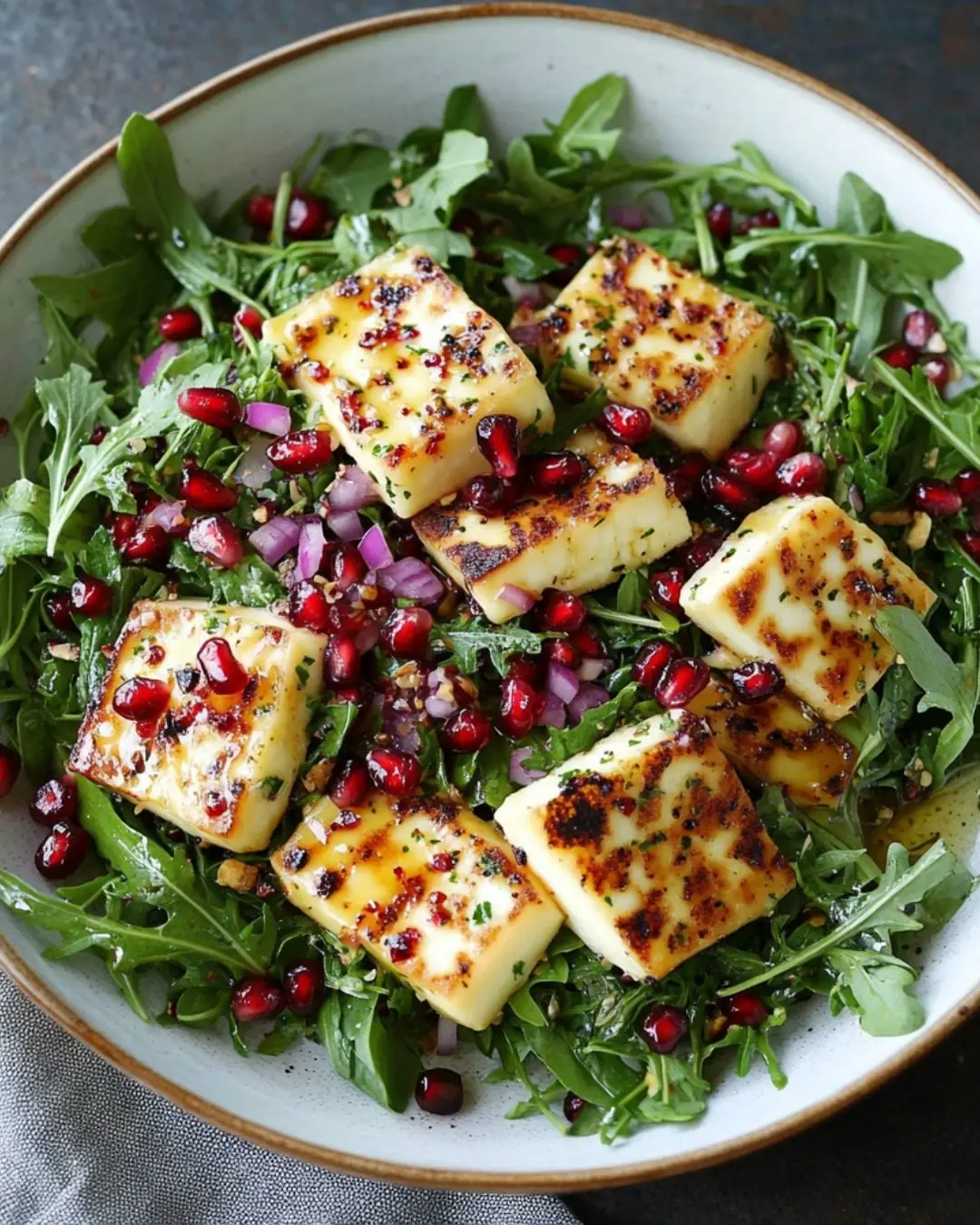
Grilled Halloumi Salad with Arugula & Pomegranate
